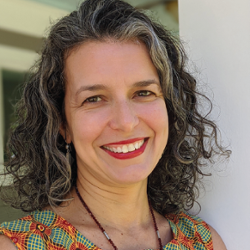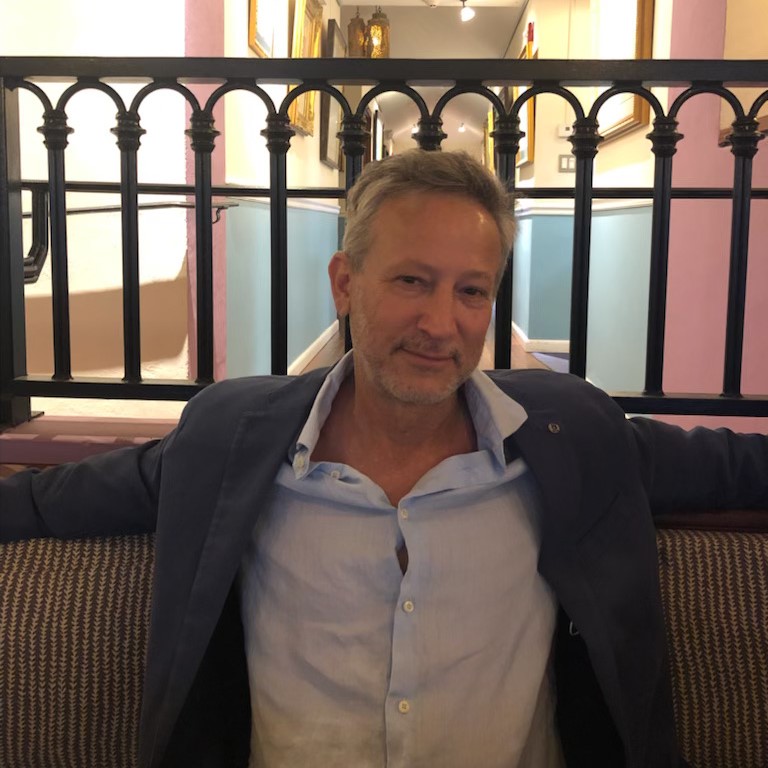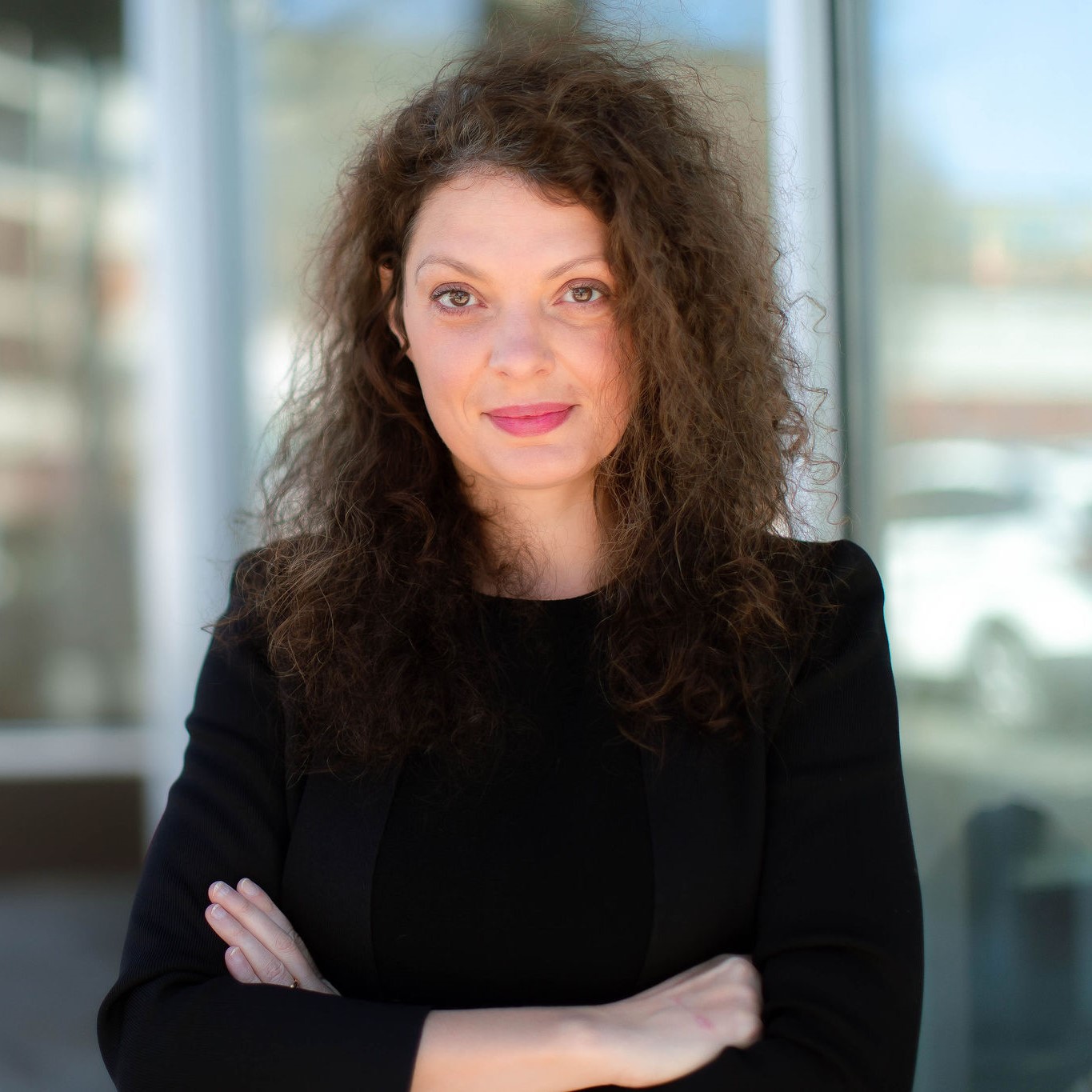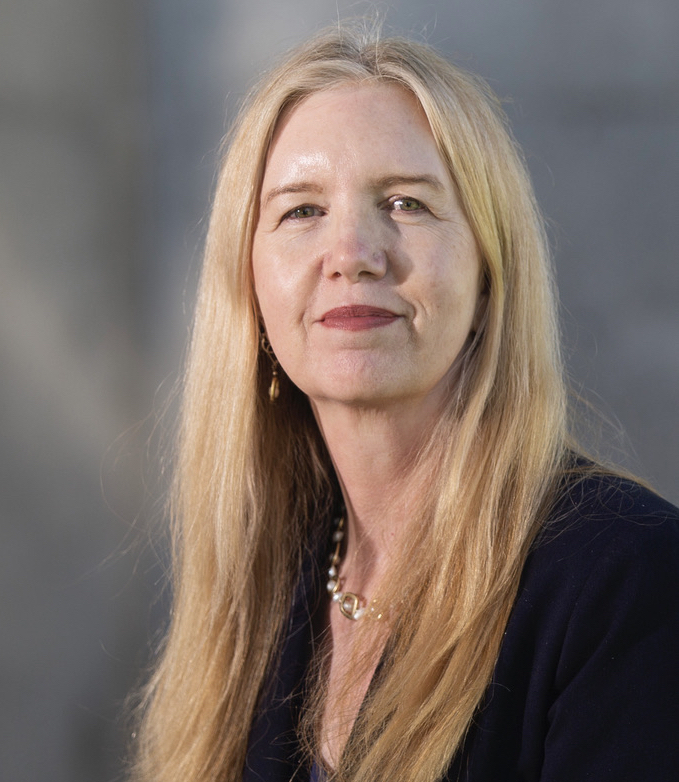
Africa
Emory University's History Department has one of the top African history Ph.D. programs in the country. Our strengths lie in providing students excellent training in African history, outstanding opportunities for comparative study in a number of complementary fields and disciplines, and a broad and deep foundation in African Studies through Emory's internationally-recognized Institute of African Studies. Close student-faculty interaction and strong student morale and comradeship in history and with teachers and peers in African Studies are hallmarks of our program.
Students entering Emory University in African history work closely with a number of faculty and participate in the Institute of African Studies. Mariana Candido specializes in West Central African history, 1500-1880s. Her research interests include forced migrations, slavery and slave trade, colonialism, gender and economic history. Candido published work examines the economic, social, and political impact of the transatlantic slave trade in Angola. Her single authored books, articles, as well as edited volumes stress the role of Africans, particularly African women, as historical agents. Clifton Crais is interested in Southern Africa, state formation and political culture, violence and inequality, history and anthropology, and comparative empire and world history. His works include The Politics of Evil, Poverty, War, and Violence in South Africa, and Sara Baartman and the Hottentot Venus: A Ghost Story and a Biography (co-written with Pamela Scully). Pamela Scully’s (Women's Studies and also a faculty member in the Institute of African Studies) most recent work centers on human rights and gender-based violence in post-conflict societies. Scully also has published a biography of Liberian president Ellen Johnson Sirleaf.
Graduate students typically work with other Emory Africanists in the Institute of African Studies (in such as Bayo Holsey (West Africa and African Diaspora), Susan Elizabeth Gagliardi (Francophone West Africa), Peter Little (East Africa), Kristin Phillips (East Africa), Nathan Suhr-Sytsma (West Africa), Ana Teixeira (Lusophone Africa), and Subha Xavier (Francophone West Africa; Interim Director of Institute for African Studies).
African history Ph.D. students take required courses in African Historiography and Research Methods in African History, as well as topical courses that vary annually and are shaped by student needs and faculty interests. Students in addition have superb opportunities to pursue collateral training in Atlantic World history and anthropology, as well as on women and gender, race and ethnicity, development, and art and literature. Importantly, African history students participate in the Institute of African Studies Research Seminar and in workshops and conferences and other activities within the institute.
Students typically conduct pre-dissertation research in Africa in the summers following their first and second years. Comprehensive portfolio submission occurs in the fall of the third year, followed by dissertation research. Students offer a chapter from their dissertation to the research seminar in the Institute of African Studies, and present the completed work in a public dissertation defense.
Our students have garnered prestigious Fulbright, Rockefeller, SSRC, and other fellowships, and they have secured excellent academic positions in a competitive marketplace. Recent and current students work on topic such as environmental struggles in Namibia, migrant labor between Zimbabwe and South Africa, humanitarian intervention in the Democratic Republic of the Congo, domestic workers and the political imagination in Tanzania, ethnicity and the Angolan slave trade, women and the politics of ujaama, politics of land in late colonial Kenya, children and labor in French West Africa, development and chieftaincy in South Africa, and post-conflict Uganda. Graduates have pursued distinguished careers and garnered many fellowships and awards, including a 2013 MacArthur Award.
History PhD Program Faculty

Mariana Candido
Winship Distinguished Research Professor of History, 2023-2026 & Professor

Clifton Crais
Professor of History & Director of Graduate Admissions

